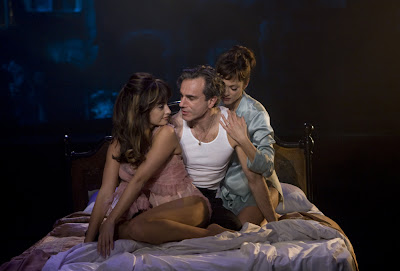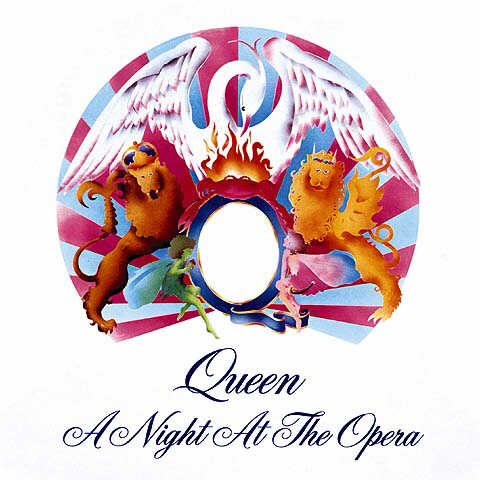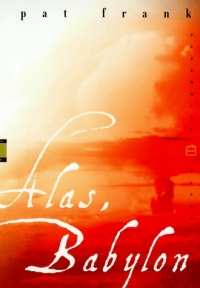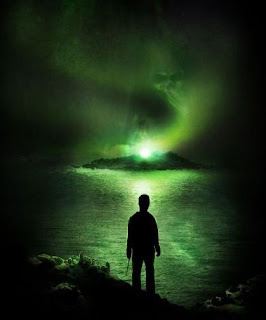The New York Times and The Washington Post ripped it apart. The holiday theatergoers shelled out for Avatar instead. The Golden Globes, unsurprisingly, nominated it, but they nominate every musical. So why does Nine not add up?
1. Nine is not Chicago. It has an arthouse theme: Guido, nearing fifty, suffers from director's block. Existential crisis doesn't sell tickets.
 2. It's full of arthouse actors, most of whom are quite good. Marion Cotillard is sensationally moving in the truncated role of Guido's wife, Luisa. But even Johnny Depp couldn't turn Sweeney Todd into a runaway smash.
2. It's full of arthouse actors, most of whom are quite good. Marion Cotillard is sensationally moving in the truncated role of Guido's wife, Luisa. But even Johnny Depp couldn't turn Sweeney Todd into a runaway smash.3. Maury Yeston's score for Nine is post-Sondheim: minimalist accompaniments to each song, eighth notes repeating endlessly. Movie critics and audiences unused to this style of composition say it's not memorable.
4. So Yeston wrote a splashy pop song for Kate Hudson, an American journalist. But "Cinema Italiano" sticks out like a nun at Mardi Gras. Did the filmmakers think we unsophisticated lot needed an American to guide us through Italian neorealism?
5. And why choose the songs they did? Judi Dench rolls her rs with vigor in "Follies Bergeres," but it's shoehorned in. And including more songs for Daniel Day-Lewis' Guido might have endeared him to us. As he plays it, Guido has little charisma or sense of humor.
6. The first number that lands, all too late, is Cotillard's "My Husband Makes Movies," stunningly filmed and acted. Even the erotic "A Call from the Vatican" feels off in Penelope Cruz's hands. (She's appealingly grotesque elsewhere as Guido's trashy mistress.)
7. Rob Marshall's gimmick, to ground the musical numbers in performance settings, made sense in Chicago because the characters were stage performers. Here, the soundstage cutaways do not justify why they sing in the first place. Could Nicole Kidman not sing at the real fountain rather than the fountain on Guido's soundstage? Whose head are we in: hers or Guido's?
8. The screenwriters don't trust us. The beautiful "Unusual Way" is chopped up with dialogue, even in the middle of verses. No wonder audiences can't remember the songs. Kidman is lovely as Guido's muse, Claudia, but her singing sounds studio-engineered; same with Day-Lewis and Cruz. Maybe the film would have been better without songs.
9. But then again, that already exists: it's called 8 1/2.

















